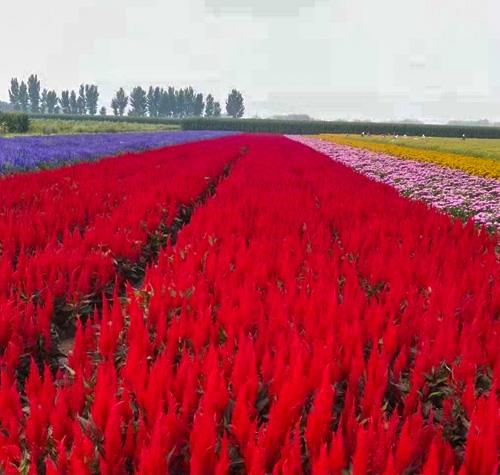What affects the survival of seasonal grass flowers
0010010 nbsp; 0010010 nbsp; Seasonal Grass Flower Base tells you what has affected Grass Flower ’s survival. Most of the expired seeds have lost vitality and are unable to germinate or germinate. In addition, flower growers must have a basic understanding when buying seeds from seasonal pastures and flower bases. For example, is the seed purchased one year ago or two years ago, or a perennial spring flower or autumn flower. Generally, seeds sown in spring usually bloom in summer and autumn; seeds sown in autumn usually bloom in spring and summer (except woody flowers).
If the sowing period is reversed and there are no specific off-season cultivation conditions, it will be difficult to achieve the ideal flowering purpose. It is more prudent to buy flowers that have never been planted before.
The seasonal grass flower base suggests that different flowers should be treated with different seeds. Seeds susceptible to germination can be soaked. For example, a string of red seeds is soaked in warm water at 40 ° C for 24 hours, and can be planted after washing. Hard seeds, such as asparagus, peony, thyme, thyme, and spice, soak in 40 ° C hot water for 48 hours before sowing in potting soil. After 20 to 30 days, they can germinate and grow.
Pearl plum and Bauhinia have a short dormancy time and are easy to germinate. They can be soaked in warm water at 40-60 ℃ for 24-48 hours for direct sowing. Some flower seeds need to undergo a certain low temperature treatment to increase post-maturity and change the dormancy and germination of embryos, such as cloves, wax plum and some autumn-sown herbal flowers.
Some flowers have dual dormancy characteristics of radicle and hypocotyl. The seasonal grass flower base, its root, needs a high temperature period of one to two months or longer to change the dormancy, such as tassels, pods and peony seeds.


